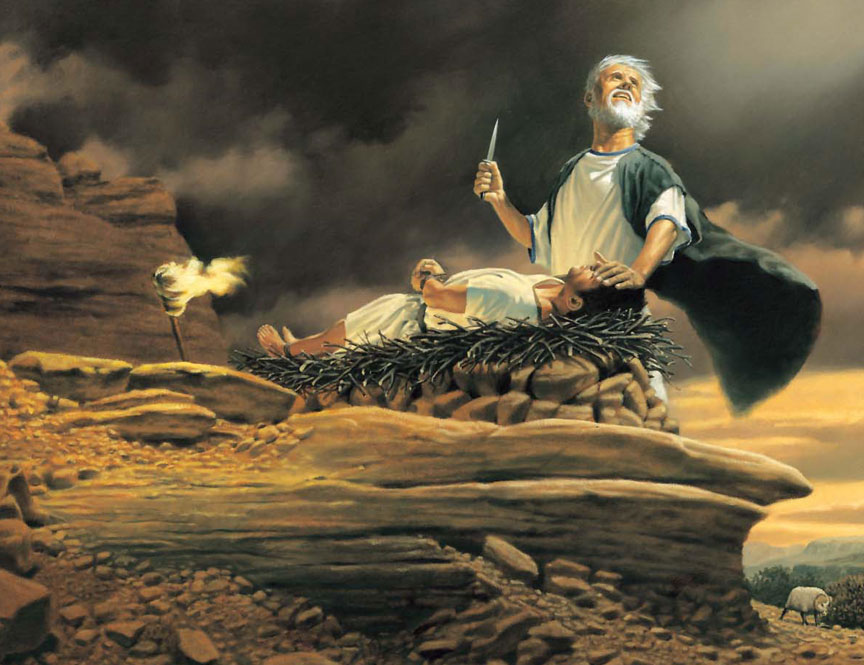Artwork By Christy Grandjean
In 1692 at Jürgensburg,
Livonia, a church court called Thiess of Kaltenbrun as a witness of a robbery.
What made this man unique was that he was an openly avowed werewolf.
Shocked at the man’s boldness at so openly admitting his
crime, the judges asked him for more details. Thiess told of how witches would
steal the grain and livestock of his land three times a year. He and his
friends would transform into wolves and follow them on foot to Hell. There they
fought the witches for their property. Should they win, the harvest for the
following year would be bountiful. Should they lose, the witches would ruin the
harvest with storms or drought. The old man was quite proud of his service to
the good people of his village.
The judges were unsure of how to proceed. They asked
Thiess if he had made a contract with the devil. The man was indignant. “I,
good sirs, am a dog of God.” He staunchly defended his standing as a good
Christian, citing all he had done in his service as a werewolf. No matter how
much the judges pressed him, he would not admit to having done any wrong.
In the end, the church court gave Thiess ten lashes and
sent him into exile for his heresy, no doubt assuming that the 80-year-old man
would not be around much longer anyway.
Thiess’ punishment is actually quite in line with what
Jesus prescribed to the Nephites:
But if he repent not he shall not be numbered among my people, that he may not destroy my people, for behold I know my sheep, and they are numbered. (3 Nephi 18:31)
Those who refuse to conform to the fold are not counted
as part of it. Sheep are humble, meek, and easily lead. They are fully
dependent on the shepherd and trust him implicitly. A good sheep is an obedient
sheep. However, sometimes those aggrieved members aren’t sheep at all, but ravening wolves,
the false prophets and servants of Satan that Elder
Nelson recently warned us about. And the scriptures are very clear about
what to do with wolves:
And behold, if a wolf enter his flock doth he not drive him out? Yea, and at the last, if he can, he will destroy him. (Alma 5:59)
The issue I face is that I am most certainly a wolf, not
a sheep.
Wolves are nothing like sheep. Their trust must not only
be won, but maintained. They will follow a leader, but only so long as he is
fit to lead. They know their place in the pack hierarchy, but will vie for
higher status, and will fiercely defend themselves if another thinks them of
lesser worth. They are a family that embraces contention as normal, even
healthy. They cooperate to survive and express genuine affection and play.
Sheep need a master; wolves need a leader.
Somehow as a pup I was placed with the lambs and suckled
alongside them. When we were all small fluff balls, there wasn’t much of a
difference. It was only when we grew older that it became obvious that I couldn’t
eat grass. I craved meat – in every sense of the word. And now there is the
constant threat that if the shepherds notice me, they’ll surely chase me out.
I could leave of my own accord, of course. The World is
wide open, ripe for the taking. Yet I do not want to leave. The sheepfold is my
home, the sheep my friends, the Master Shepherd my leader. So what’s a poor
wolf to do?
Fortunately, I have some legal rights:
Nevertheless, ye shall not cast him out of your synagogues, or your places of worship, for unto such shall ye continue to minister; for ye know not but what they will return and repent, and come unto me with full purpose of heart, and I shall heal them; and ye shall be the means of bringing salvation unto them. (3 Nephi 18:32)
I may not be allowed to be a part of the fold, but I can
stay inside the pen as long as I care to remain. The shepherds aren’t allowed
to chase me too far away, though they can deny me the sheep’s food. But I
couldn’t digest it anyway. It is hard to adjust sometimes, when before I was
promised that I would always be provided for. After all, did not He who made
the Lamb make me?
In many ways I am also like the Greek woman who came to beg
Jesus to heal her daughter.
But Jesus said unto her, Let the children first be filled: for it is not meet to take the children’s bread, and to cast it unto the dogs. And she answered and said unto him, Yes, Lord: yet the dogs under the table eat of the children’s crumbs. (Mark 7:27-28)
Wolves are very proud creatures. While we may submit to
an alpha wolf that has earned our trust, we would never accept a position lower
than we deserve. And now we are asked to be the lowest of the low, to be denied
the food of gospel ordinances and merely catch the crumbs that our brothers and
sisters drop from the table of full Church membership. How could a wolf ever
take a place among the lowly dogs?
Yet I know I can never go back to being a sheep. And I
don’t want to leave. So I circle the sheep pen, watching the shepherds tremble
at this wolf who won’t leave them alone like all the others that they have cast
out before. The Master Shepherd is silent and watches me too.
And I wonder, am I a dog of God, or a ravening wolf?



